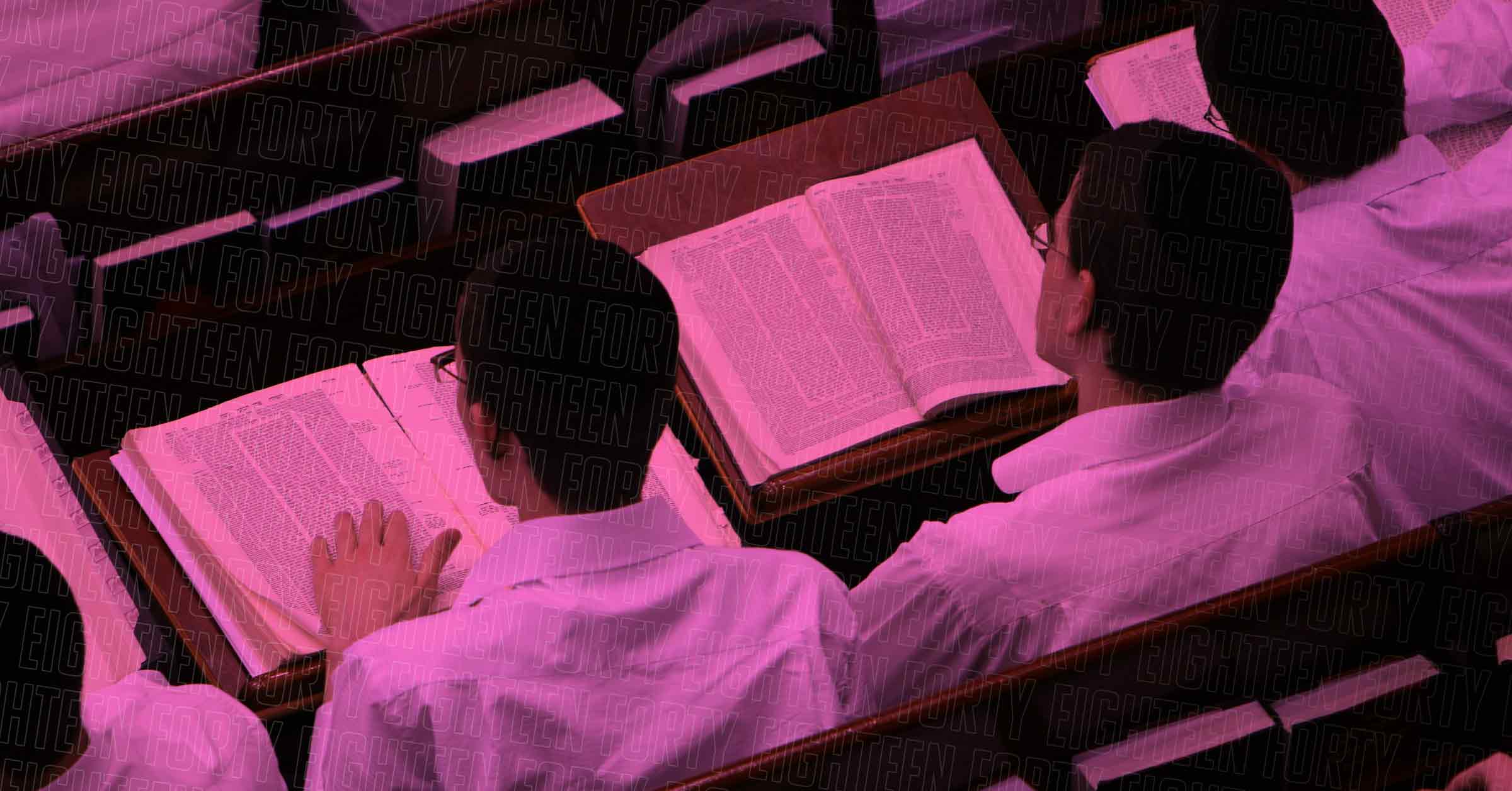Topic from 18FORTY
18Forty is a new media company that helps users find meaning in their lives through the exploration of Jewish thought and ideas.

18 Questions, 40 Mystics
A new podcast and video series bringing you to the leading voices of Jewish mysticism.

18 Questions, 40 Israeli Thinkers
A new podcast by 18Forty interviewing Israel’s leading journalists, scholars, and religious thinkers to explore pressing questions on Israel.

Israel at War
This month, as the State of Israel fights for its safety, we are exploring the dimensions of war before, beyond, and on…

Prayer & Humanity
What makes us human? As our technologies become ever more sophisticated, some of the lines drawn between human and other grow blurred…

Zionism
For longer than we could remember, the story of Judaism has been wrapped up with the story of Zion. Our national narrative(s)…

Jewish Education
Judaism and education have long become synonymous. Jews have prioritized learning for millenia, and our love of words and ideas have kept…







